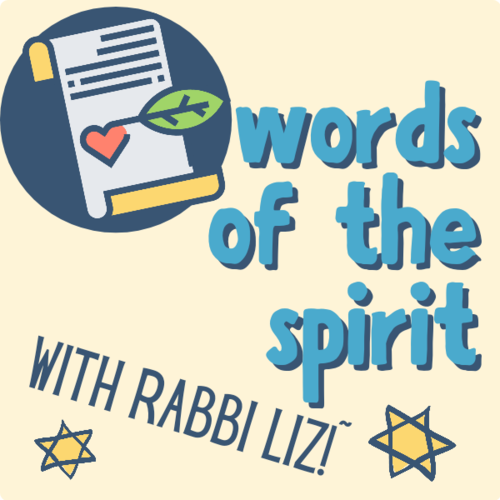Watching Israel-Palestine: A Difference Kind of Screen Time
18/05/2021 07:31:11 AM
| Author | |
| Date Added | |
| Automatically create summary | |
| Summary |
There was a time when we all gathered around a single screen to watch a live event during the school day. Some of those times occurred at history-making moments, not all of them bearing the same weight. The first one I can recall involved a hockey game, sometime in the early 1970, but I don’t actually remember who Canada was playing.
The last time I was in a classroom huddled around a TV sitting high on a portable “AV stand” was in rabbinical school, in the fall of 1993. We saw that momentous handshake between PLO Chairman Yasser Arafat and Israel’s Prime Minister Yitzhak Rabin, heard Rabin’s stirring speech, broadcast live, that declared "We the soldiers who have returned from the battle stained with blood, we who have fought against you, the Palestinians, we say to you today in a loud and clear voice: 'Enough of blood and tears! Enough!' "
The Oslo process didn’t make it past the end of the century. The next time I can remember being purposely close-in-proximity with my Reconstructionist colleagues as we witnessed a critical moment in this struggle was in July 2014, in the sanctuary at Kehillat Mevakshei Derech, the Reconstructionist-inspired synagogue in Jerusalem. It was there that we learned of the launch of that summer’s Gaza War. We held each other, we sat in silence, we prayed, we sang. Tears flowed. The rest of our RRA (Reconstructionist Rabbinical Association) rabbinic mission adapted to the circumstances, including making our way into various public shelters as sirens blared.
Rabbis in North America, along with cantors and rabbinic and cantorial students, are a cohort on constant watch. Trained to be alert to values of the communities we serve, alert to the ways in which each of our movements are speaking, alert to the positions taken in our communities, we weigh and consider how our personal perspectives on Israel and the Occupied Palestinian Territories can be expressed. We are also constantly taking in the range of perspectives and understandings held in the broader Jewish community, and by national political leaders.
A cohort of rabbinical and cantorial students has done something deeply impressive, issuing a call for accountability to our diaspora community. Their multi-movement Appeal to the Heart of the Jewish Community is grounded in Jewish text and the overarching value of human rights. Among the 99 signatories, 13 are students at the Reconstructionist Rabbinical College, including three who will graduate in just a week’s time.
I am proud to call them colleagues, and proud to stand with T'ruah, which notes: “Our tag line, The Rabbinic Call for Human Rights, speaks to our commitment to placing rabbis and cantors at the vanguard of the Jewish human rights movement. But our call—and our movement—is not for rabbis and cantors alone. Rather, we know that a powerful Jewish human rights movement must mobilize rabbis, cantors, rabbinical and cantorial students, educators, laypeople, and representatives of all parts of the Jewish community.” [emphasis added]
The RRA and Reconstructing Judaism issued this joint statement that includes the words of one of ORH’s own former rabbinical students, Rabbi Alanna Sklover: “…we are united in knowing that the situation on the ground is not tenable for anyone, and that every single human being – Israeli and Palestinian – deserves to be treated with respect and dignity, and to live without fear.”
To care about the Jewish people and to care about human rights in this moment means we can’t look away. We might not wish or be able to take to the streets, but we can all take to our screens. Continue to learn about the history of the conflict. Watch thoughtful clips, listen to empathic voices grounded in the values of dorshei tzedek v’shalom, seeking justice along with peace. Support organizations grounded in tzelem Elohim, seeing that all are created in the image of the Divine and born with inviolable rights. Connect with folks who can hold your fears, your questions, your prayers, and your tears, as my future colleagues teach:
“…while the gates of prayer may be closed, the gates of tears remain open…We implore you, our community – our students, teachers, congregations, employers, funders – to find your tears, too. Tap into the empathy that you need to feel and experience the reality on the ground in this place so that we can work to change it.”
Tue, 1 July 2025
Special Messages from the Rabbi
Privacy Settings | Privacy Policy | Member Terms
©2025 All rights reserved. Find out more about ShulCloud







